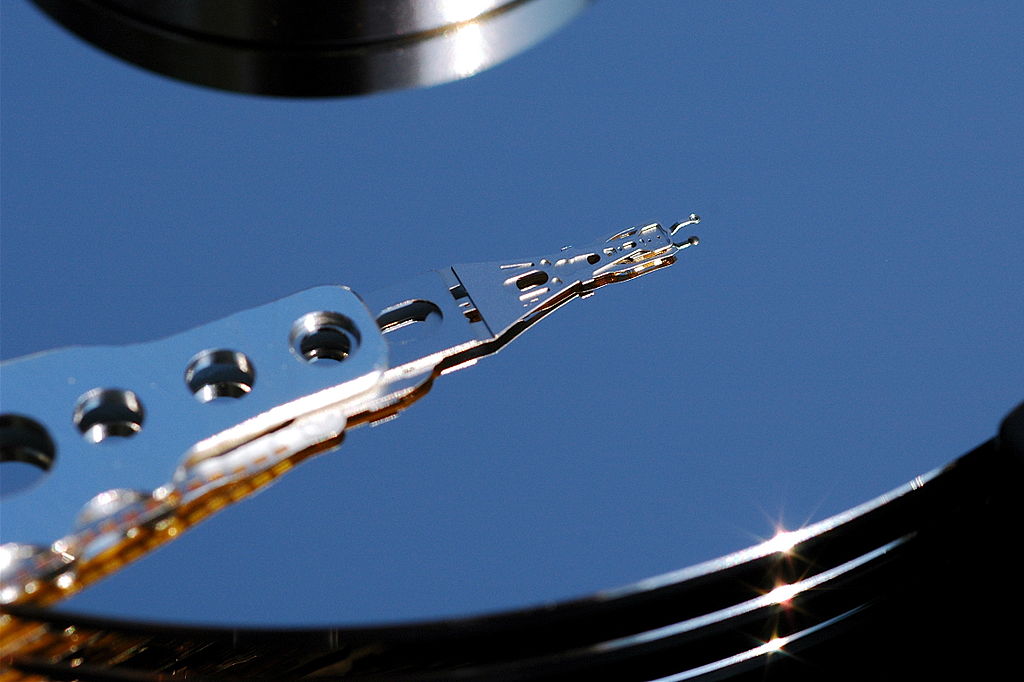A bit more than a year ago, an unfortunate accident happened with my 1TB hard drive. If I am taking the time to tell you this story, you can already imagine what happened. And I don’t need to tell you that it was my only hard disk. No backups, sort of.
This specific hard disk was my main storage device: among many other less important things, this hard drive contained a lot of pictures, from my first steps as (amateur) photographer till a somewhat recent future. A lot of data that I deeply cared about.
This was a hard lesson and started my journey through backup solutions.
Backups, backups and backups
I learned the hard way, like most people do, that you always need a backup that you can trust. There’s no replacement for the peace of mind of knowing that no matter what happens, you will always be able to look again at those pictures of many years ago, you will still find your old configuration for that program that you use.
Likewise, I have another consideration to make: we have so much stuff. While I believe this to be true also in the physical world, right now I am mostly referring to the digital one. Our lives, and each and every one of our interactions are online, for all posterity to see. And similarly is with the technology we carry with us every day. How many pictures do we have on our smartphone? Is really worth to carry on Terabytes of data with us? Our grandparents probably had only a handful of pictures of themselves. Is maybe some sort of middle ground more reasonable?
I made this discovery on my recent trip to the US: me and my girlfriend have always been keen on taking lots of pictures. However, after the trip to Cuba the previous year, we soon realized that showing thousands of pictures to the people that asked us about our trip is not really worth it. With so much stuff is even demading to make highlights.
To sum up:
- Make sure you save the things / memories you care about and make sure the solution of your choice is robust (more on this topic soon). Because what you rely upon will fail. And the backup of the backup might fail as well.
- Let your archive be an archive and not a dump. Choose highlight.
The fate of the hard disk
If you are still wondering what happened to my data, I have not yet brought the broken hard disk to a dedicated repair shop: I am still trying to assess if the data in it was also available somewhere else. Probably not all of it.
Over these last years, whenever one of the computers in our family was reaching End of Life, I promptly removed the HD. With just a small enclosure, you get another external hard drive for free. While slowly accumulating these old disks of various size, I decided to use them as a sort of cold backup solution: having many disks lying around and in use all the time is not very convenient (hence why I had a 1TB HD), but putting some important data and then stash them somewhere, costs only a few minutes of my time.
In the end, I was able to restore a good bunch of the lost data, but I still have this big uncertainty: is that it? Was other stuff in the lost HD that I don’t remember right now? That’s the price I have to pay for not having a good backup.
